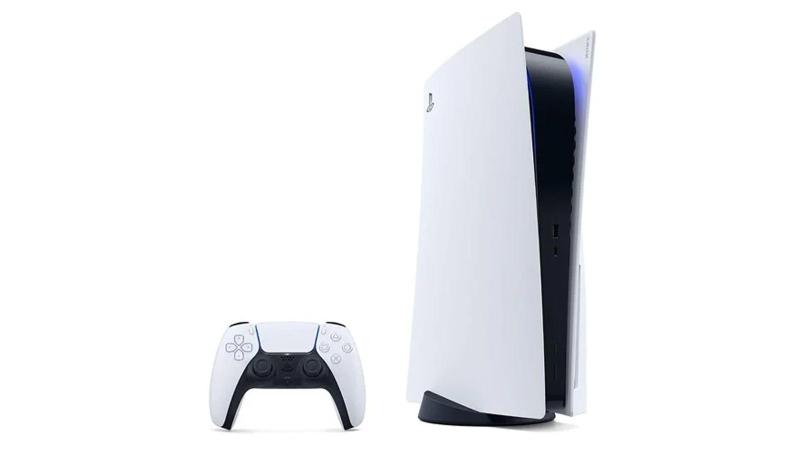Exciting news for avid PlayStation fans as leaked internal documents suggest that a new powerhouse, the PlayStation 5 Pro, may soon hit the market. Apparently verified by Insider Gaming and IGN, the specifications show the PS5 Pro matching its predecessor in CPU power at a baseline level, but with a "High CPU Frequency Mode" elevating its speed by 10%. The substantial jump is captured by the GPU's 33.5 teraflops - a significant leap compared to the standard PS5's 10.28 teraflops, likely attributed to a different AMD architecture. Moreover, the PS5 Pro is expected to feature PSSR technology (PlayStation Spectral Super Resolution Upscaling), which employs artificial intelligence and an AI Accelerator to upscale image resolution. The reported specs also include a 576 GB/s storage speed (an 18GT/s rate, 28% more than the PS5's 448GB/s at 14GT/s), a 3.85GHz processor, and 1TB of storage space alongside a detachable disc drive similar to the PlayStation 5 Slim. Gamers can also enjoy improvements brought by a recent PlayStation 5 system update to the microphone and audio on the DualSense controller, as well as new games introduced for PlayStation Plus Extra and Premium members as of March.
What are the possible advantages of PSSR technology in the PlayStation 5 Pro?PSSR (PlayStation Spectral Super Resolution Upscaling) is designed to use artificial intelligence to significantly enhance the resolution of images in real-time, potentially resulting in sharper, crisper visuals, less aliasing, and better performance in games. With PSSR technology, the PlayStation 5 Pro aims to deliver a more immersive and visually striking gaming experience, particularly for gamers with high-resolution displays.
The PlayStation 5, launched by Sony in November 2020, has been a strong player in the gaming market. The console quickly gained popularity for its advanced specifications, exclusive game titles, and features like the innovative DualSense controller. With the potential release of a PS5 Pro, Sony appears committed to offering gamers upgraded hardware capable of pushing the boundaries of console gaming further, possibly to compete with mid-cycle console refreshes, like Microsoft's Xbox Series X, and to keep up with the continuously evolving PC gaming market. The focus on AI upscaling reflects a broader industry trend towards higher resolutions and frame rates, offering a glimpse into the future of console gaming.










Comments
Wow, the PlayStation 5 Pro sounds like it's really pushing the envelope with its specs, especially with the introduction of PSSR technology. It's cool to see Sony incorporating AI upscaling to potentially enhance the visual quality and performance of games, catering to gamers with high-resolution displays. Can't wait to see how this plays out in the gaming experience